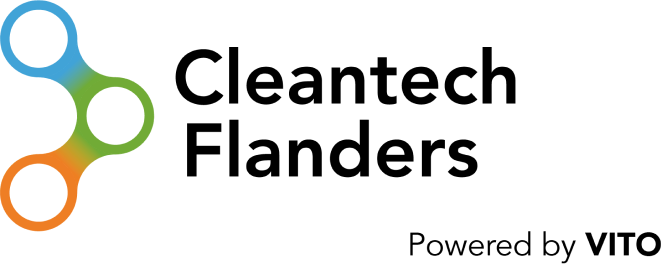FROM TOXIC RESIDUAL STREAMS TO VALUABLE COMPONENTS WITH INOPSYS
Inopsys develops mobile and modular installations for on-site treatment of by-product streams from the chemical and pharmaceutical industries. The processes of these industries generate hazardous and toxic residual or rinse streams that are not easy to process. Until now, the majority of waste streams were transported away for incineration, which is destructive and polluting. “We offer on-site treatment facilities that transform the linear destruction method into a circular and sustainable handling process,” clarifies Steven De Laet, CEO of Inopsys.
Through this process, streams that were previously labelled as waste are custom-treated through a combination of the right techniques, resulting in the recovery of materials. “This way, we can not only recover pure water, but also valuable components such as palladium, platinum and zinc from the streams, while also creating opportunities to reuse these raw materials.”
Inopsys is also active in researching the impact of micro-pollutants such as pharmaceutical components, hormone-disrupting chemicals, PFAS, and (unfortunately) many more in general surface water. Inopsys not only works with pure chemistry in its labs – the figurative chemistry between the appropriate technologies and expertise they create is also important for the development of our sustainable and innovative solutions.
Are you looking beyond Belgium’s borders?
“A recent capital injection of 5 million euros has given us a leg up to achieve international expansion,” clarifies Steven De Laet. “Current and potential customers also have branches in Europe, which is already drawing us abroad to a degree. We’re currently active in Switzerland, the heart of the pharmaceutical industry, where Roche and Novartis are the biggest players. That’s why we’re planning our first office here, to serve our customers faster. We’ll also be expanding our activities and team to Germany in 2021,” says Steven.
What is the sustainable impact of Inopsys on our society?
“Inopsys is in an era of general water scarcity, and yet we as a society choose to consider water largely as waste and lose it through industrial burning. And yet, solutions do exist for recovering water and other valuable components.
Inopsys has an installation that can recover tens of kilos of valuable palladium every year. If you know the market price for a kilo of palladium today is 60,000 euros, you’ll also know that we’re talking about important recycling here. By purifying the waste water, not only can we recover valuable substances, but we’re also left with pure water that can be sent to biological waterpurification without any restrictions.”
“After dealing with the COVID-19 pandemic, the global focus will return to climate change, sustainability and the creation of a more circular economy,” predicts Steven De Laet. “The solutions Inopsys has developed for chemical and pharmaceutical manufacturing will contribute to this, creating new business and sustainable growth.”
What does the future hold for Inopsys?
“Our biggest focus is international expansion. We’ll be focusing on Switzerland, Ireland, Germany and the Netherlands. We’re targeting the (fine) chemical and pharmaceutical industry
Access to clean and pure water will be one of the biggest challenges of the coming decades. Inopsys offers solutions to address this global challenge,” concludes the CEO.

Steven De Laet
CEO Inopsys


